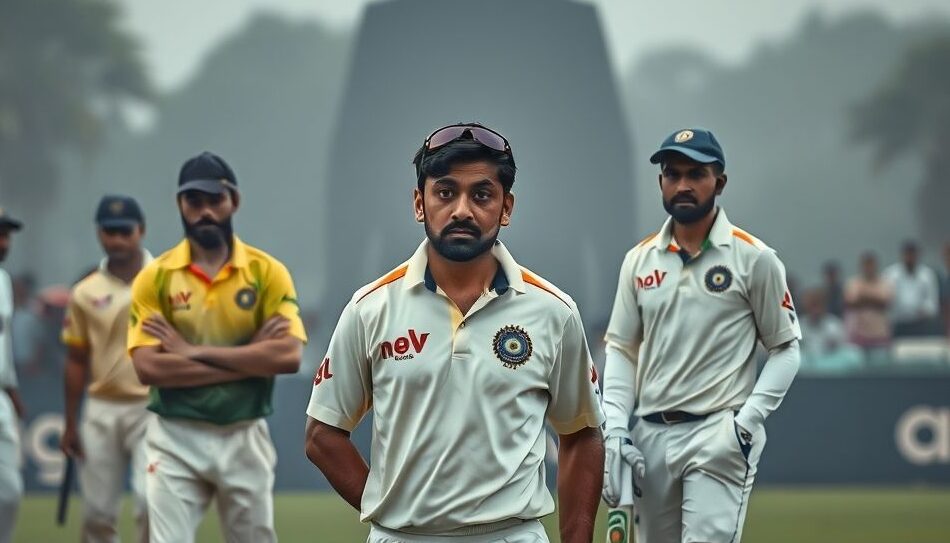Match-Fixing Allegations Involving Indian Players in Domestic Leagues
Match-fixing has long been a shadow over the world of cricket. From international scandals to league-level controversies, the integrity of the sport has repeatedly faced trials. In recent times, a series of match-fixing allegations involving Indian players in domestic leagues has stirred debate and concern across the cricketing community.
While the Indian Premier League (IPL) is heavily scrutinized due to its massive global reach, lesser-known state-level T20 leagues and franchise tournaments have become breeding grounds for suspicious activities. In 2024 and early 2025, multiple cases have emerged that suggest domestic Indian cricket may not be immune to the deeper issues of corruption and manipulation.
The Leagues Under the Scanner
India’s domestic cricket has expanded rapidly in recent years. With the rise of privately funded leagues such as the Tamil Nadu Premier League (TNPL), Karnataka Premier League (KPL), and various others like the Uttarakhand Premier League, the competition has intensified. These tournaments are designed to nurture local talent and offer a platform for players to gain exposure.
However, not all has gone well behind the scenes. Anti-Corruption units of the BCCI and local law enforcement agencies have uncovered irregularities pointing to betting syndicates, player manipulation, and match-fixing networks involving local players and middlemen.
One major concern is the ease with which these leagues can be accessed by external betting parties, especially given the limited spotlight compared to the IPL. In many cases, young cricketers, underpaid or still seeking a breakthrough, become soft targets for fixers offering them monetary incentives for underperformance.
Recent Allegations and Investigations
In late 2024, an explosive report from a national newspaper indicated that at least three players from a leading North Indian domestic T20 league were under investigation for alleged links with bookies. The players, all aged between 20 and 26, were suspected of sharing inside information about team strategy, pitch conditions, and even agreeing to manipulate their performance.
Shortly after, in January 2025, the Anti-Corruption Unit (ACU) of the BCCI began probing another suspected case involving a former under-19 player from Maharashtra, who had allegedly accepted money to bowl no-balls during a televised match.
The situation escalated when the Board of Control for Cricket in India (BCCI) confirmed in February 2025 that two domestic players had been provisionally suspended pending the outcome of an inquiry into spot-fixing during a franchise league match in Central India. While their identities have been kept confidential, sources close to the investigation hinted at links to known betting networks operating from outside India.
Why Domestic Leagues Are Vulnerable
Several factors make domestic leagues vulnerable to corruption:
- Lower Security and Oversight: Compared to international cricket or the IPL, smaller leagues operate with fewer resources. Anti-corruption measures such as surveillance, education, and enforcement are often lacking.
- Inexperienced Players: Many players are new to professional cricket and may not be aware of how fixers operate. Without proper guidance, they may fall into traps unknowingly.
- Limited Earnings: Financial insecurity among local players increases the temptation to accept offers from fixers in exchange for underperformance.
- Lack of Media Coverage: Matches with limited viewership are less likely to attract public suspicion, giving corrupt elements a chance to operate quietly.
BCCI’s Response and Future Measures
The BCCI has responded by enhancing the reach of its Anti-Corruption Unit. Educational programs have been introduced across domestic cricketing circuits to train players in identifying and reporting corrupt approaches.
In a statement made in March 2025, a BCCI spokesperson said:
“We are committed to protecting the integrity of Indian cricket at all levels. Our anti-corruption measures will continue to evolve, and any player found guilty will face strict disciplinary action, including lifetime bans.”
The board is also reportedly working with state associations to introduce background checks on team staff and support personnel, a measure already adopted by top-tier teams.
Conclusion
While Indian cricket continues to thrive on the global stage, the recent match-fixing allegations in domestic leagues are a reminder that vigilance must begin at the grassroots. For a country where cricket is more than just a sport, protecting its sanctity requires more than just rules—it demands awareness, education, and unwavering transparency.
As investigations unfold in 2025, the cricketing world watches closely, hoping that strong actions will deter future wrongdoings and restore trust in the heart of India’s cricketing structure—the domestic game.

